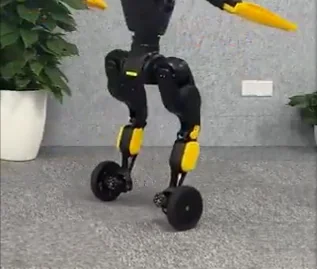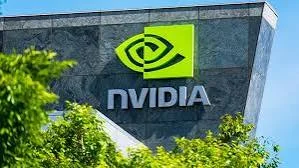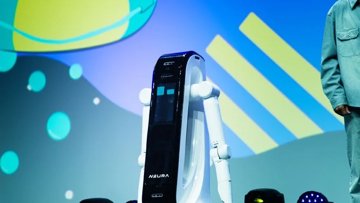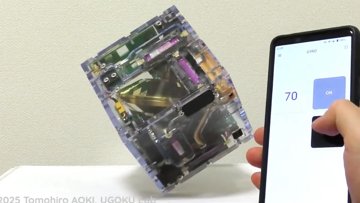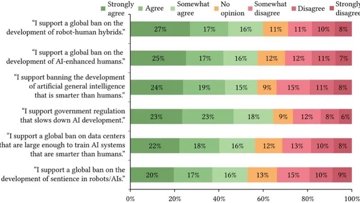At Web Summit 2025 in Lisbon, Qualcomm, Inc. President and CEO Cristiano Amon declared the beginning of the end for the smartphone as the center of your digital universe. The company is betting on a future powered by agentic AI in what it calls “The Ecosystem of You.” In this vision, the apps you neurotically tap all day are replaced by a single, intelligent agent that understands your intentions and orchestrates services on your behalf. Your phone, it seems, is being demoted to just another node in a network of personal AI devices.
According to Amon, this shift from an app-centric to an agent-centric model means your primary user interface is no longer a grid of icons but a conversation. This AI agent will be the application, capable of calling an Uber, making a payment, or rendering information exactly how you need it, without you needing to open a specific program. The hardware to support this will be a constellation of wearables—glasses, rings, and jewelry—all running AI models on the edge, outside the data center. This decentralization is designed to create a persistent, personal AI that moves with you.

This grand vision extends beyond personal gadgets into robotics and industrial applications. Amon highlighted how the underlying technology is already being used in platforms like Snapdragon Drive for autonomous vehicles and in industrial settings with partners like Aramco to use autonomous drones for safety inspections. By providing the silicon and platforms for everything from tiny wearables to complex robots, Qualcomm is positioning itself to be the central nervous system for this new era of ambient computing. The company also stressed the importance of its developer ecosystem, noting that Arduino is part of its efforts to empower creators.

Why is this important?
Qualcomm’s “Ecosystem of You” is a strategic power play for the next generation of computing. By championing a decentralized, agent-driven model that lives on edge devices, the company is aiming to shift the balance of power away from the software-dominated app store ecosystems of Apple and Google. If the future is not one central device but dozens of interconnected, intelligent ones, the company that builds the efficient, powerful chips inside all of them is positioned to become the new kingmaker. This is less a prediction and more a declaration of intent to build the hardware foundation for a post-phone world.





